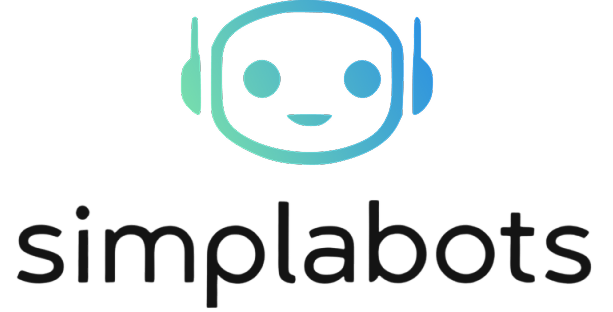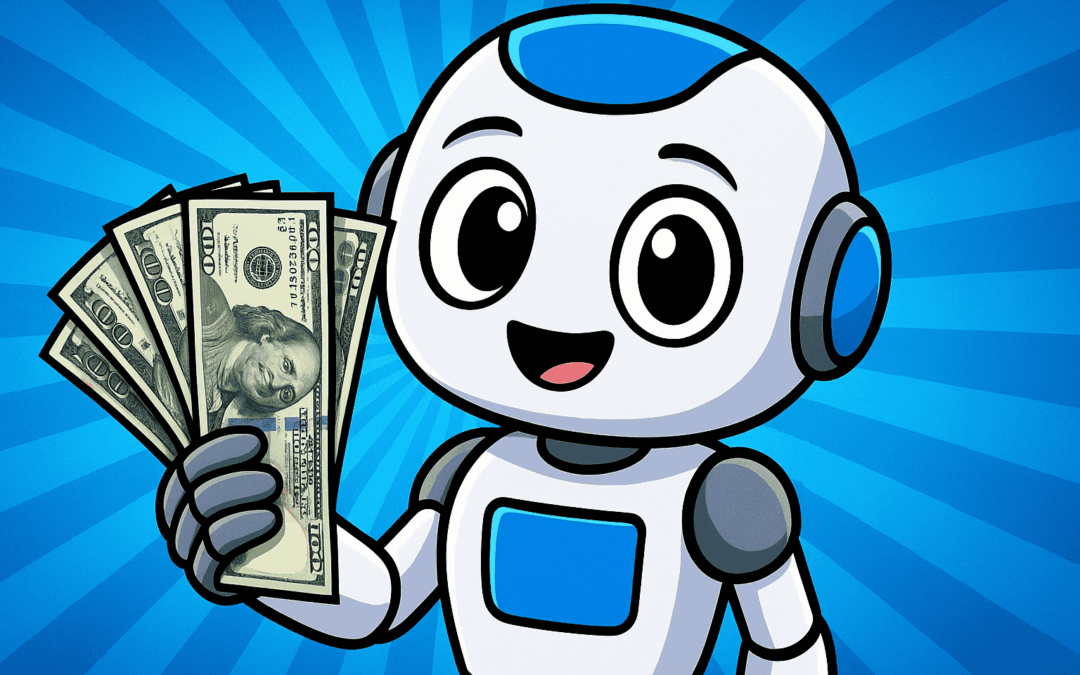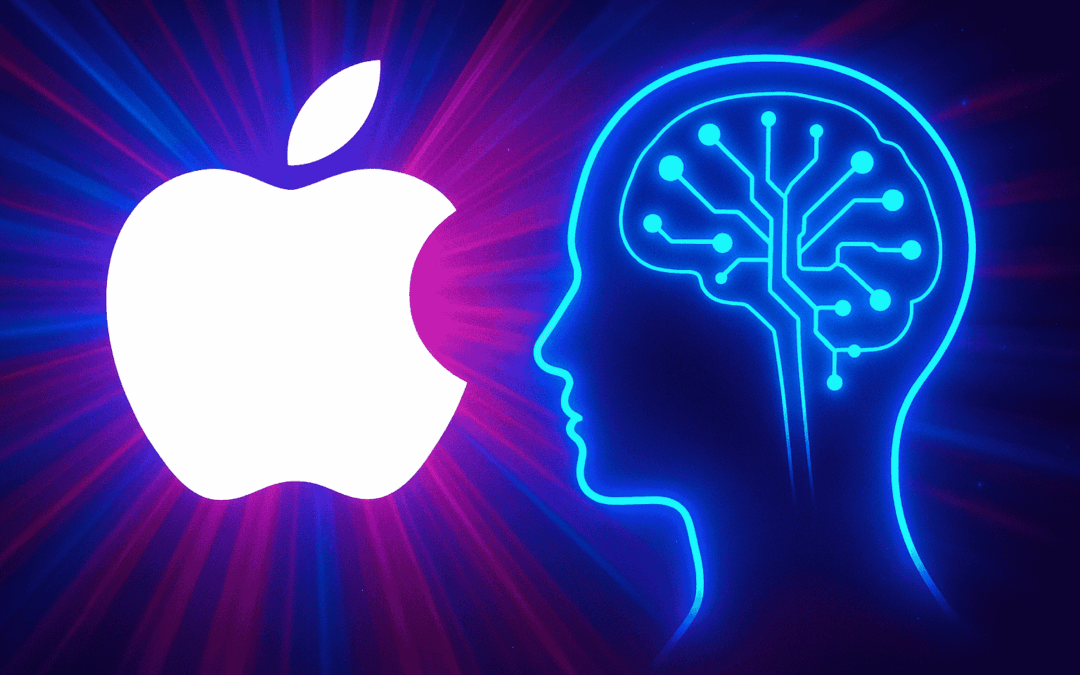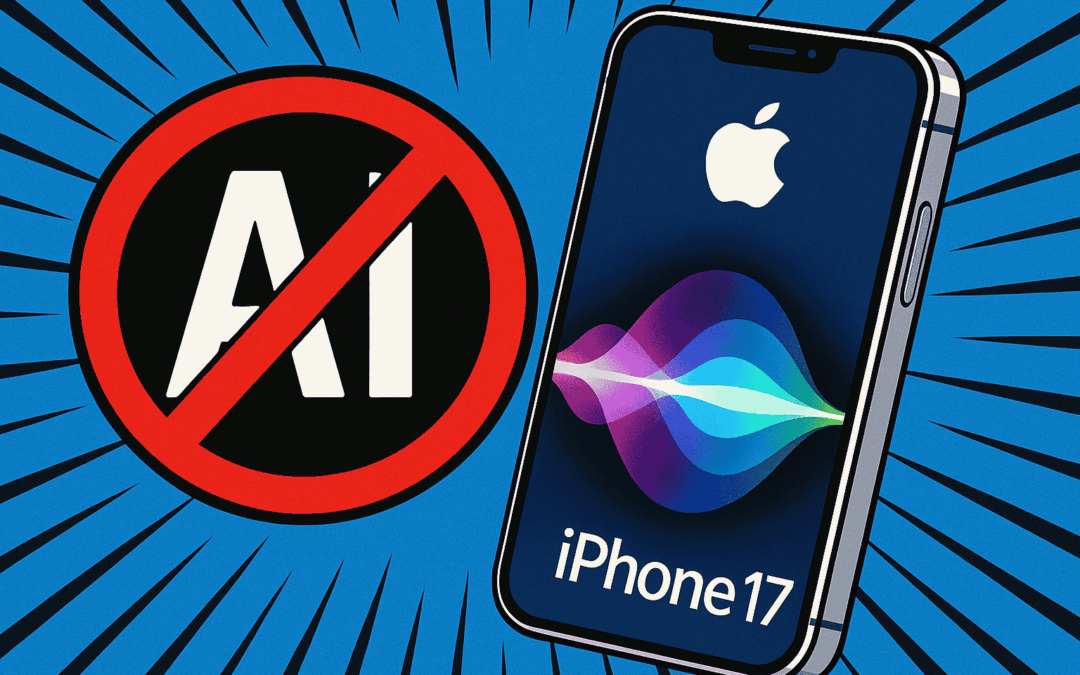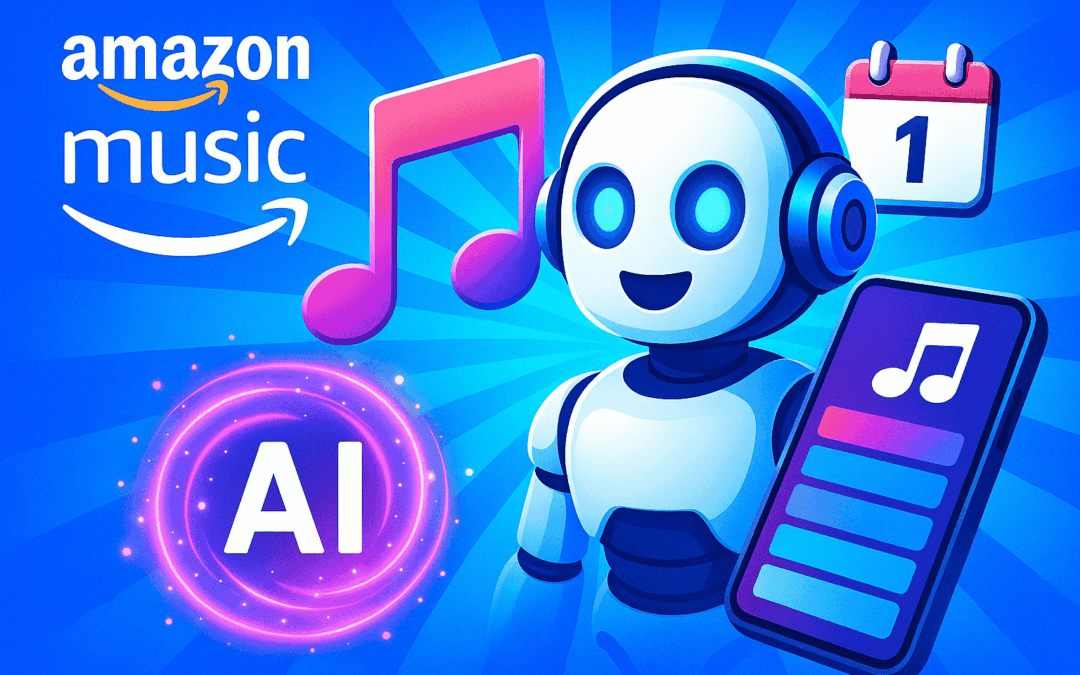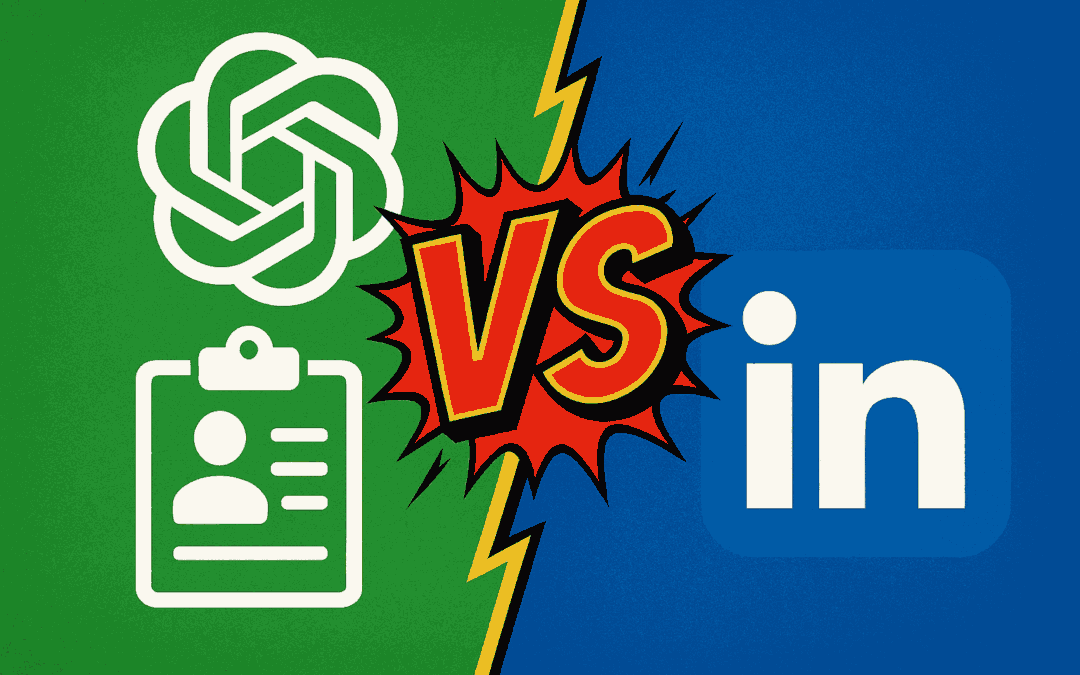OpenAI unveiled a groundbreaking AI-powered hiring platform designed to challenge LinkedIn and disrupt current job-matching paradigms.
The move intensifies competition in AI-driven talent acquisition, promises smarter matching, and brings generative AI capabilities directly into recruitment workflows.
Key Takeaways
- OpenAI launches an advanced AI recruitment platform aiming to rival LinkedIn.
- The platform leverages generative AI and large language models (LLMs) to match talent and positions more intelligently.
- Customizable workflows, automated candidate screening, and AI interview assistance streamline both employer and applicant experiences.
- This entry signals rapidly shifting dynamics in HR tech, with legacy platforms facing renewed competitive pressure from advanced AI tools.
- Startups and independent developers gain new opportunities and challenges as OpenAI enters the recruiting ecosystem.
OpenAI’s AI Hiring Platform: A Direct Challenge to LinkedIn
OpenAI’s new platform integrates generative AI into every stage of recruitment. Unlike traditional job platforms, it promises deeper personalization for both candidates and companies by parsing resumes, job descriptions, and interaction history with LLM-powered relevance.
The system can suggest position matches, answer applicant questions using real-time data, and even help automate key parts of candidate screening.
“This is a paradigm shift — generative AI now directly mediates hiring decisions, promising faster, data-rich, and more equitable outcomes.”
Early reports from Reuters and WSJ note that OpenAI’s platform will launch in closed beta with select enterprises and high-growth startups, enabling rapid iteration and feedback. Notably, OpenAI will incorporate ChatGPT’s conversational abilities to guide applicants through tailored assessments and surface high-fit candidates automatically for employers.
“OpenAI’s entry increases pressure on established HR tech giants to push their own AI strategies much faster.”
Implications for Developers and Startups
The platform’s API-first design signals ample opportunity for third-party developers to build integrations, analytics dashboards, or niche plugins. Improved candidate screening powered by LLMs promises to save time and reduce bias, but also challenges companies to maintain transparency about AI’s decision-making.
Startups operating in HR tech must now innovate faster or risk obsolescence as OpenAI shapes user expectations around automation and data-driven talent management.
On the technical side, fine-tuning custom language models for recruitment, prompt engineering for role-based screening, and leveraging multimodal capabilities (such as video or coding tests) may become essential skill sets for staying competitive.
Outlook: Accelerated Disruption in HR Tech
With its new hiring platform, OpenAI positions itself as not only an AI tool provider but a direct player in the enterprise recruitment space. This may trigger a wave of upgrades, investments, and likely M&A activity as rivals respond.
For industry professionals, it’s clear that the near-term future of hiring will be AI-driven, and embracing LLM-powered recruitment solutions will be crucial for efficiency and attracting top tech talent.
Source: TechCrunch
